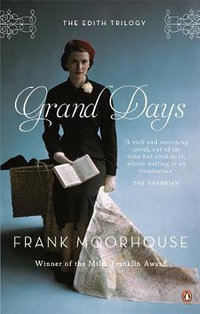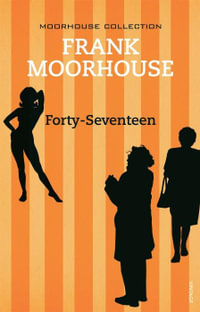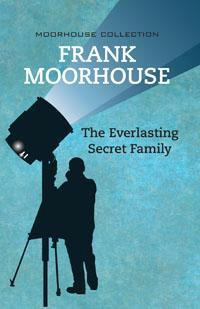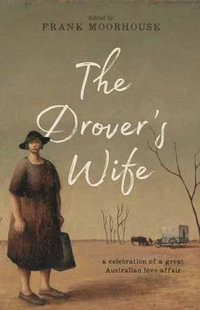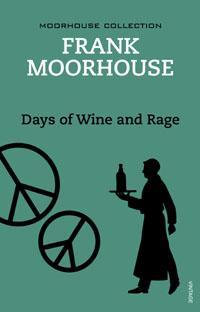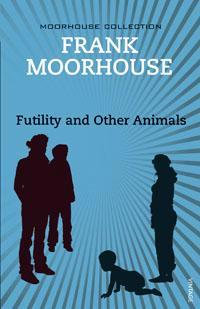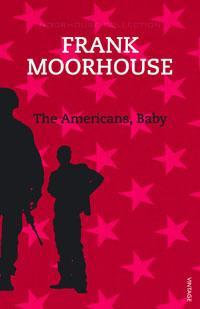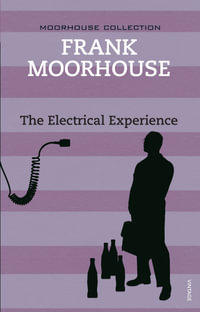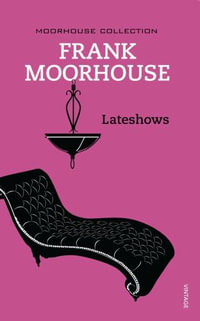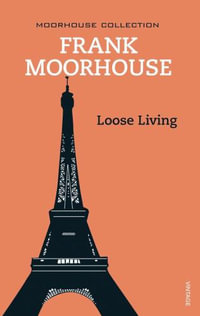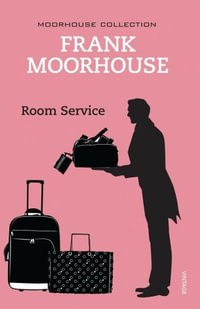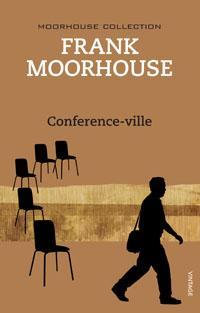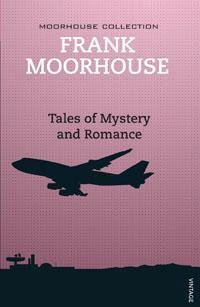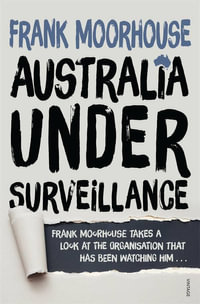What could he tell her now, now that he was forty and she was no longer seventeen?
He is a failed writer turned diplomat, an anarchist learning the value of discipline. He moves in a world which takes him from the Australian wilderness to the conference rooms of Vienna and Geneva; from the whore-house to warzone he feels the pull of the genetic spiral of his ancestry. At the sharp axis of his mid-life he scans the memorabilia of his feelings in the hope of giving answers.. In his first full-length novel Moorhouse presents a roving, dissatisfied man entering middle age in a house-of-mirrors portrait: fragmentary and multifaceted. Sean, a hard-drinking, hard-living Australian, has just turned 40; the other half of the title refers to a precocious schoolgirl who is one of his many liaisons. The most important of the other women who drift into and out of his life include his ex-wife Robyn, now unflinching in the face of cancer; Belle, Sean's fellow sexual adventurer; and Edith Campbell Berry, an aging iconoclast whom Sean encounters in Vienna and Israel.FORTY SEVENTEEN is told with characteristic Moorhouse style - candid, wryly insightful and morbidly comic - and, in this resonant and acclaimed book achieves a new virtuosity.
About the Author
Frank Moorhouse was born in the coastal town of Nowra, NSW. He worked as an editor of small-town newspapers and as an administrator and in the 1970s became a full-time writer. He has written fiction, non fiction, screenplays and essays and edited many collections of writing. Forty Seventeen was given a laudatory full-page review by Angela Carter in the New York Times and was named Book of the Year by the Age and 'moral winner' of the Booker Prize by the London magazine Blitz. Grand Days, the first novel in The Edith Trilogy, won the SA Premier's Award for Fiction. Dark Palace won the Miles Franklin Literary Award and was shortlisted for the NSW Premier's Literary Award, the Victorian Premier's Literary Award and the Age Book of the Year Award. Frank has undertaken numerous fellowships and his work has been translated into several languages. He was made a member of the Order of Australia for services to literature in 1985 and was awarded an honorary doctorate from Griffith University in 1997.

